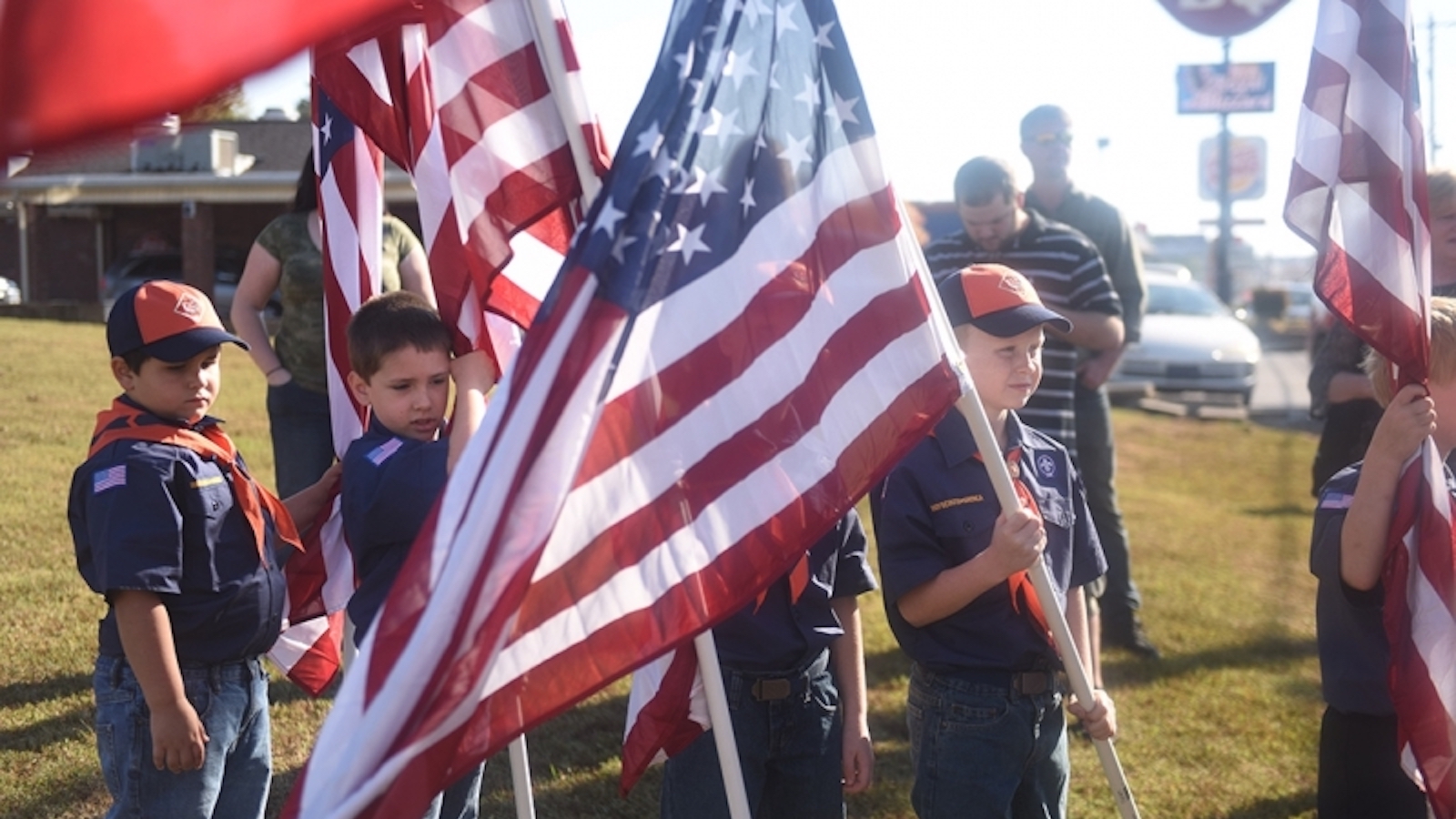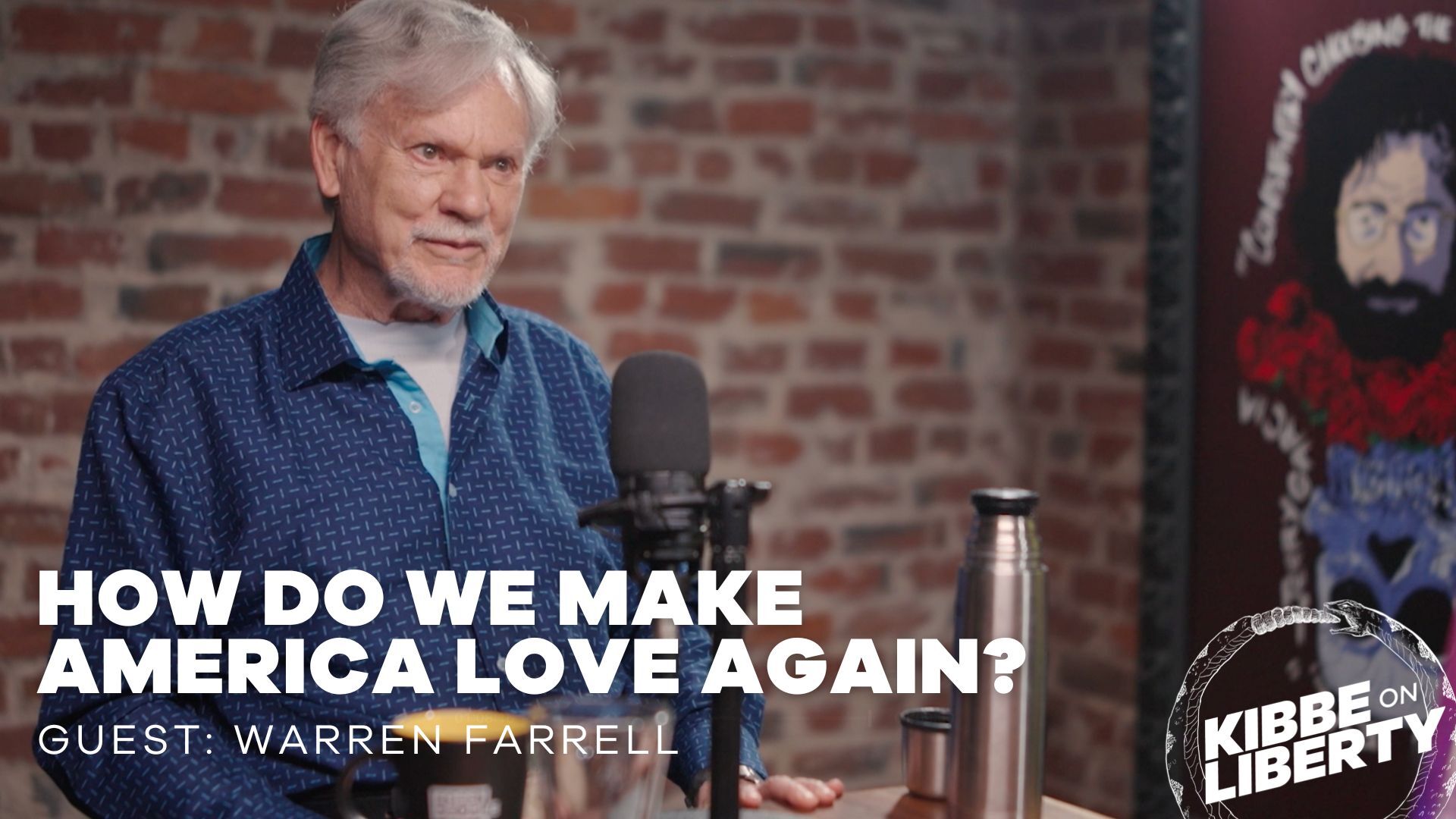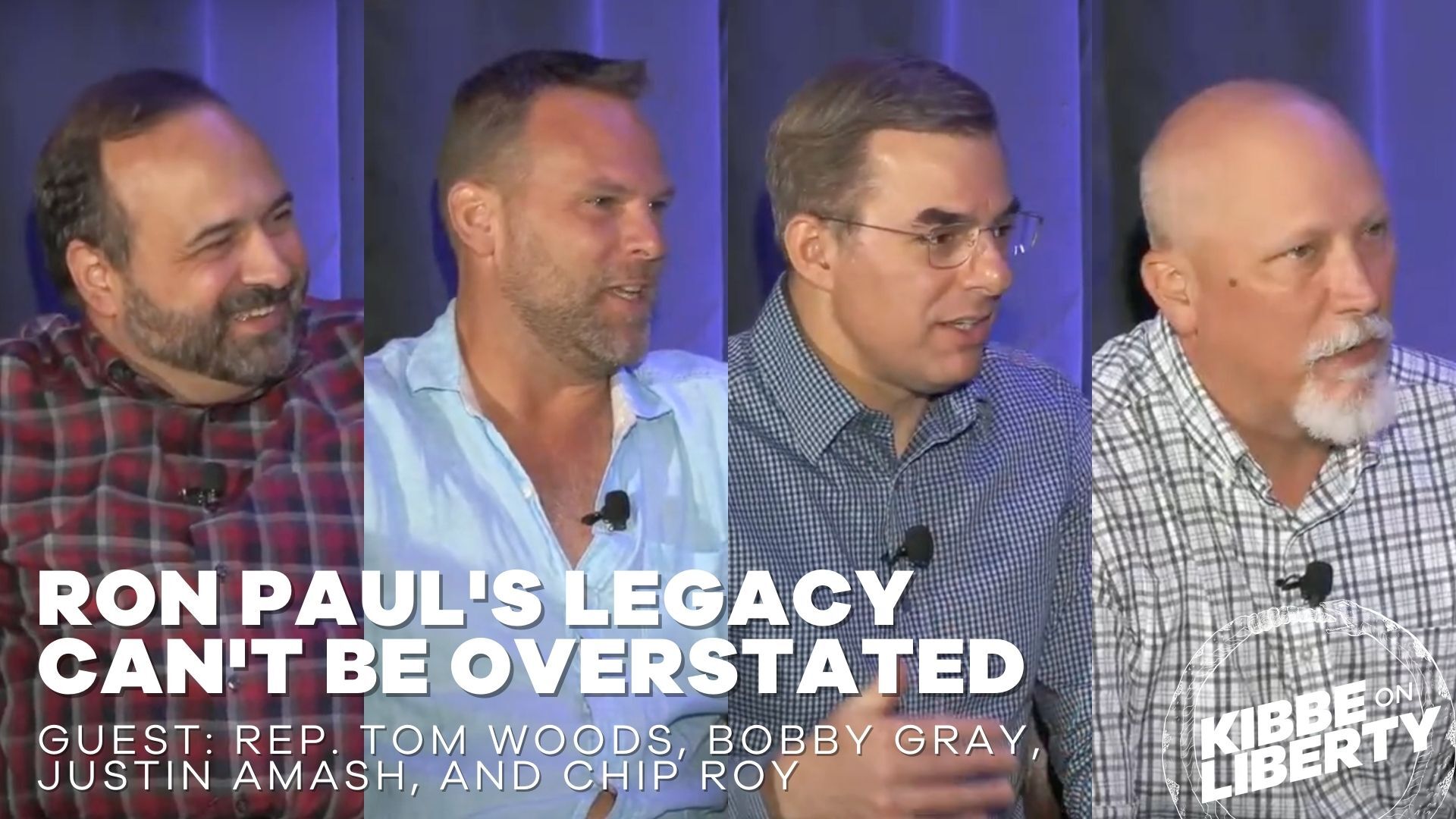
What Makes a Patriot?
On September 1, 2016 the San Francisco 49ers were visiting the San Diego Chargers for their final preseason game. Preseason games are typically overlooked but this game would be one for the ages. During the playing of the national anthem, Colin Kaepernick would take a knee for the first time in what he described as a protest against a “country that oppresses black people and people of color.” Prior to this game, Colin Kaepernick had gone unnoticed silently protesting the national anthem by sitting on the bench until a photo captured his actions. Colin Kaepernick’s protest was suddenly thrust centerstage into the national spotlight, and gave birth to that activist athlete. While half of America cheered in solidarity, the other half admonished such antics as unpatriotic and ungratefulness for the greatest nation to ever exist.
Similar protests have continued recently, with an Olympic athlete protesting the national anthem after she qualified to represent the United States in the upcoming Olympic games. Americans who claim they are “proud to be an American” have been on a steady decline for the past 20 years. Between the professional athletes using their platform to express anti-patriotic sentiments and the general public’s declining pride of their country, it begs two questions. What makes a patriot? And how can we build back a culture of patriotism?
One of the best answers to the question “what makes a patriot” is eloquently expressed in an essay by the French historian and philosopher Ernest Renan. Although Renan is no classical liberal or libertarian, his essay was heralded by Ludwig von Mises in Omnipotent Government as “worthy of the great tradition of French liberalism.” Renan explores the five typical beliefs in what make a nation: dynasty, race, religion, language, and geography and finds them all lacking. To Renan, patriotism is a deep affection we hold towards a community and the ideals it strives to adhere to. Patriotism is a romance. A love of the past and the traditions, and this romance inspires one to carry on the past into the future.
Where does that swell of pride deep in your chest come from when Old Glory is unfurled, when our national anthem is played, or you hear Ray Charles sing America the Beautiful? The romance of patriotism comes from our past experiences, our family, neighborhood, community, and the traditions and values which were instilled in us by our loved ones. There is a sense of pride in where you come from, and this pride is linked to ethics which define you and your community. Patriotism is a bond with our heritage and a commitment to carry the traditions of our past into the future.
Edmund Burke wrote his Reflections on the Revolution in France to admonish the French Revolution and its reckless pursuit to destroy all connections to the past. He recognized tradition and local attachment as the key to patriotism, community, and love of country and to destroy one’s connection with the past would be to destroy the foundation upon which a free society is built.
If patriotism is an affair of the heart, then how do we recapture a broad national sense of patriotism? We build back strong communities. Community cannot be built by winning elections or passing legislation. Legislation can certainly destroy a community, but it cannot build one. Building back a culture of patriotism and shared values requires individual commitment. When families erode, church communities diminish, neighbors no longer know one another, and we live isolated lives, what is there to love? Strong community creates real patriotism. Patriotism is not created by abdicating children’s education to the state and where the only mention of America is in reciting the pledge of allegiance every morning. Patriotism begins at the family dinner table, is fostered in the neighborhood, and is given purpose when a community rallies around its members in need.
When Colin Kaepernick took a knee, it was never really asked if Colin Kaepernick had any real reason to love his country? The response to the question would probably include something about a million dollar cry baby athlete who did not appreciate nor understand the freedom and opportunity that has been afforded him. There is some truth in that sentiment but is the reason for patriotism built on access to material gain? Peter Kreeft, the Catholic philosopher, captured the truth of this when he wrote, “I rather be in love in the South Bronx than fighting in Hawaii.” Material wealth is no replacement for true loving relationships and community.
Over the past half century, the state has continually grown and violated the roles of many lower orders of society. Government has taken on the role and responsibility appropriately suited for parents, families, churches, neighborhoods, and communities. By taking on responsibilities it was never suited for, the government robbed so many individuals of their true purpose and by doing this destroyed the institutions which build patriotism.
What makes a patriot? An affair of heart for one’s home and the values that represent home. To build back a culture of patriotism there must be a deliberate commitment to foster local community. Patriotism is a grassroots effort. From the dinner table to the baseball stadiums across our great nation, patriots can be made by giving the next generation a deep love of where they came from. A love worth passing on to subsequent generations. A nation is where the heart is.
Free the People publishes opinion-based articles from contributing writers. The opinions and ideas expressed do not always reflect the opinions and ideas that Free the People endorses. We believe in free speech, and in providing a platform for open dialogue. Feel free to leave a comment.



